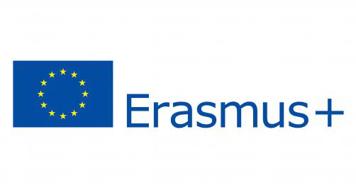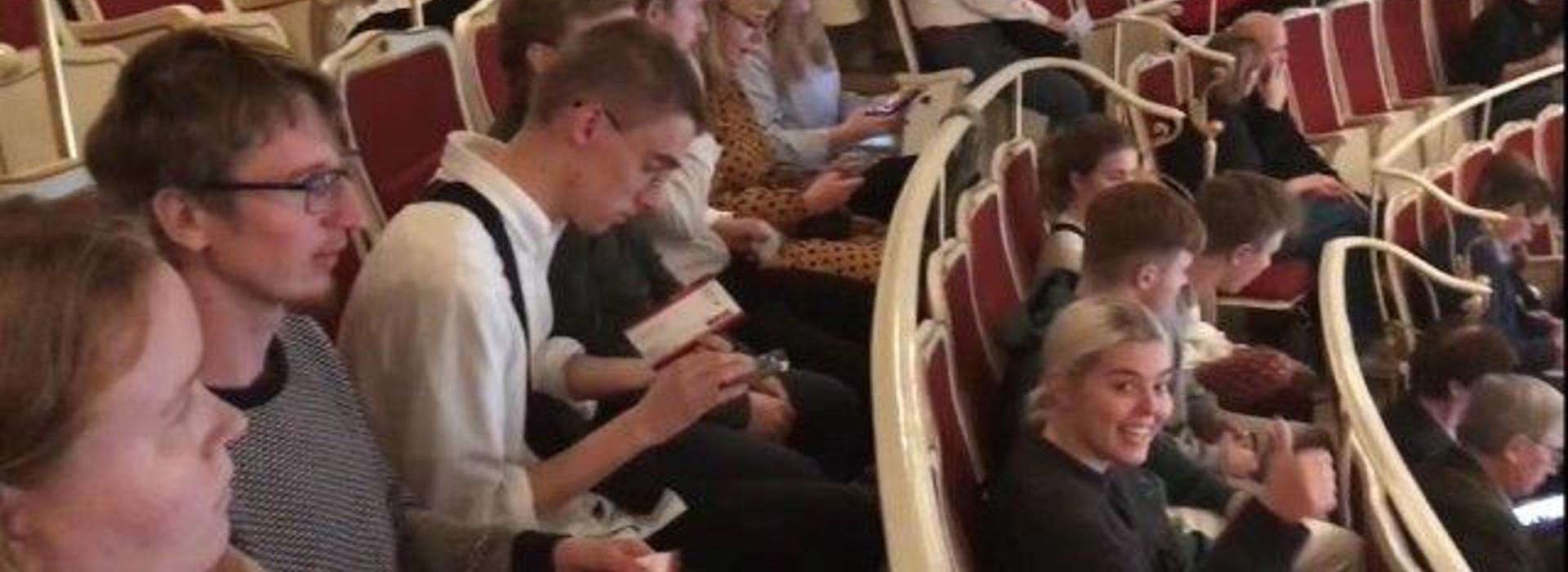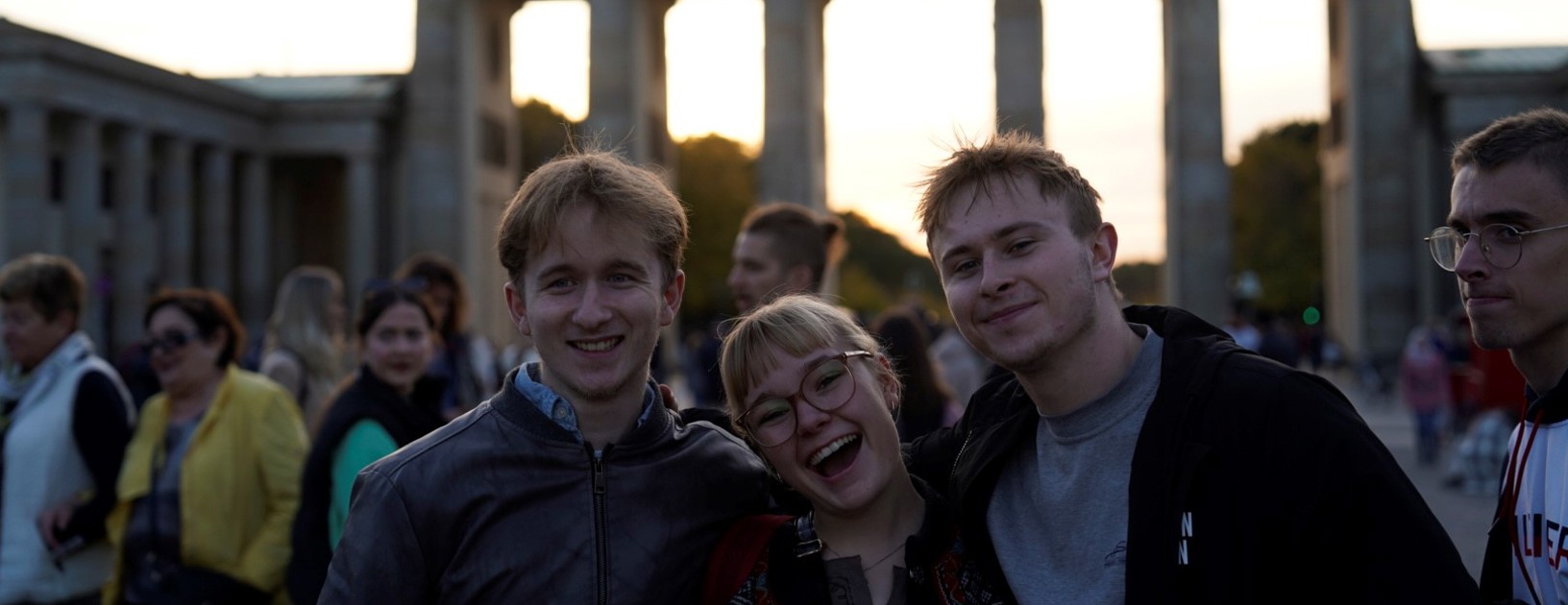
Student trips
Becoming independant with Erasmus+
Through Erasmus+ funds, we at HF & VUC Roskilde-Køge send our students on study trips abroad to bring education to life. When they return home, it is with a newfound self-confidence and closer relationship within their class.
"It just makes sense to send our students out into the world for them to get to know it better. This is especially true with the world we live in today, where there are so many challenges regarding democracy, war in Europe and the climate crisis - it makes much sense to learn from each other, to create friendships and strong relationships," says Education Manager, Sune Stick.

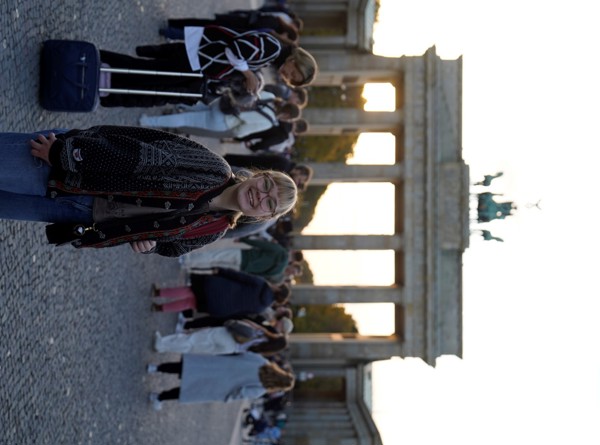
Historic buzz in Berlin
Travelling strengthens our relationships
Twenty-year old Mira Rieck Larsen studies HF and has been on a study trip to Berlin. The students and their two teachers travelled together by train and the many hours spent together made a big difference as the students really got to know each other.
“We lived five or six people together in the rooms at our Hostel. So you learn to cooperate and even see new sides of your classmates, for instance who gets up early or who can find their way in a city. It was a really fun and enjoyable trip with a lot of exciting cultural experiences; we had guided tours, visited a museum and for our social studies class, we analysed the neighbourhoods of the city.”
“We gained a new perspective on what we know and what we learn in class. Suddenly, you are standing in real life, and you are seeing it with your own eyes, understanding it clearly,” says Mira, who will graduate this summer.
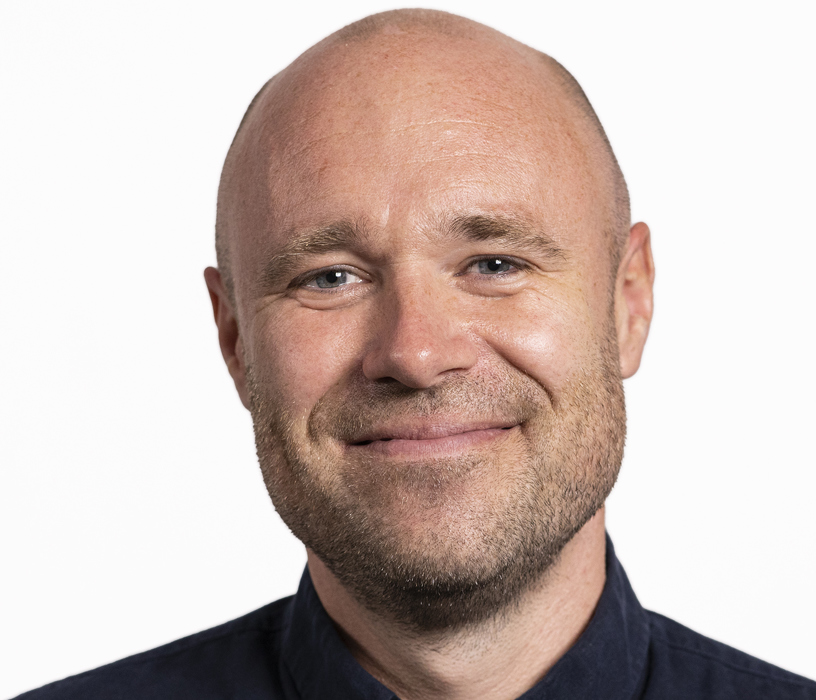
Not everyone dares to call for a taxi
According to Sune Stick, the study trips are important for students who are particularly challenged with dyslexia or other diagnoses.
"It may seem like a completely natural thing for some people to travel and get around on their own, even calling for a taxi. But for others, it can seem unmanageable or terrifying, especially if you can't read well. Going out into the world is not just about travelling. It is about getting the skills and knowledge to do things with others in new situations. Moreover, you learn to connect language with visuals, creating a newfound understanding of the world we live in – and by the end of the trip, you are capable of doing it on your own ", says Sune Stick.
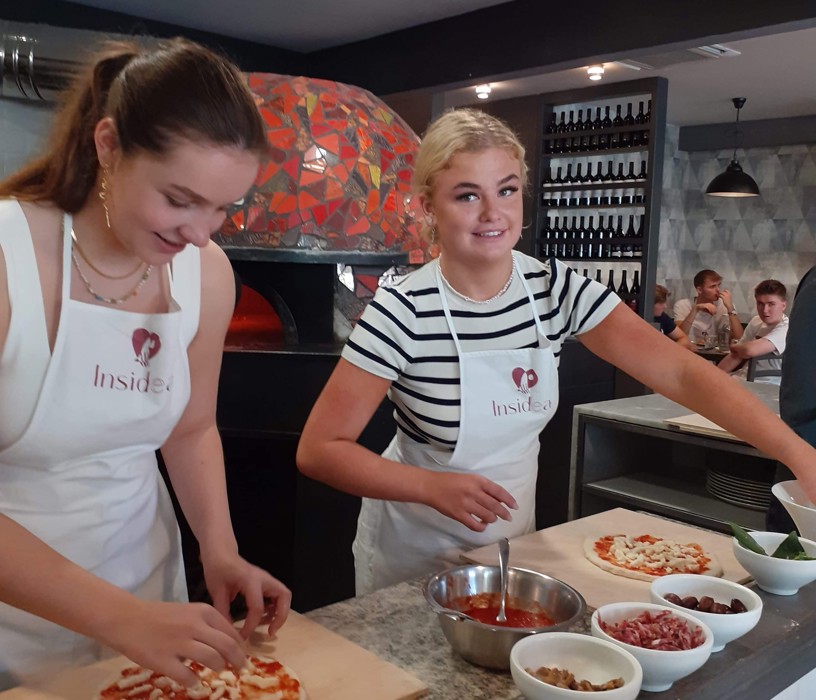
Making a pizza in Rome
Mille Thorup Jensen, 18 years old, believes that field trips are a must for all classes and preferably very early on in your HF education.
“We got to see a lot of great things in Rome, what with a very packed schedule, meaning we walked 25,000 steps a day. We also went to the volcano on Mount Vesuvius and to a gladiator fight. We became much closer to each other, since we got to talk to some of the students you might not get to talk to every day.”
“Now girls and boys have the guts to talk to each other.”
"There are only six boys in class and twenty girls, so people usually stay in their own small groups. But that changed in Rome, and everyone said that it was a really good trip because after we came home, we talked more with each other. My best advice to other students, who are going on a study trip: be open to everyone, pitch in and be positive, ready for change and open to new ideas.”
